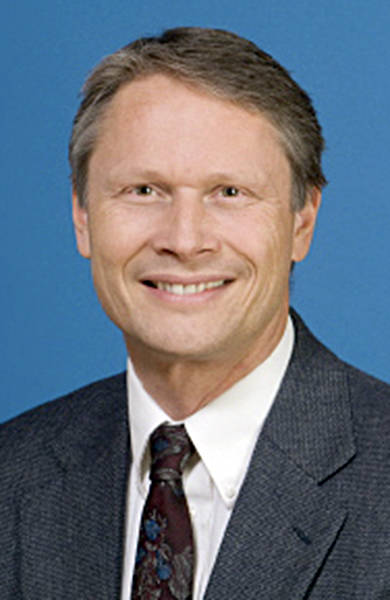ACROSS THE STATE and in the North Olympic Peninsula, low-income people are facing an oral health crisis.
Simply put, there are not enough clinics and providers to serve them.
In Clallam County, only 22 percent of adults on Medicaid and just 41 percent of children on Medicaid received dental care in 2015.
In the same year in Jefferson County, only 12.7 percent of adults on Medicaid and just 37 percent of children on Medicaid received dental care.
This is not a cosmetic luxury but a serious health concern that is taking a huge toll on our communities.
Many health care advocates are urging our state Legislature to address this crisis.
Oral health problems negatively impact employability for adults, learning and school attendance for children, and management of chronic disease.
One of my patients at North Olympic Healthcare Network perfectly exemplifies this unfortunate reality.
She is a woman in her mid-50s and on insulin to manage diabetes.
For many years, she had no dental insurance and didn’t receive any dental care.
This lack of dental care led to chronic gum and tooth disease, making it difficult for her to eat properly, which affected her nutrition and ability to manage her diabetes.
Her oral disease, a recognized risk factor for developing vascular disease, also contributed to her developing coronary and cerebrovascular disease.
She went to the hospital several times to manage her severe mouth pain from dental infections and had two prolonged and expensive hospital stays due to a heart attack and stroke.
Needless to say, this prevented her from working and being productive.
With the recent expansion of Medicaid under the Affordable Care Act, she gained dental coverage and finally came in for dental care.
Unsurprisingly, it took numerous appointments to address her accumulated problems and disease.
Teeth were restored where able and pulled when beyond repair.
But once she got her oral health under control, her insulin requirements dropped significantly, and she’s been able to manage her condition more effectively and prevent further complications and hospitalizations.
The Affordable Care Act brought new Medicaid coverage, including dental, to nearly 8,000 more people in Clallam County and nearly 3,500 more people in Jefferson County.
It is often with great trepidation that we look in patients’ mouths, knowing that we will likely see problems as serious as my patient’s — and worse, not be able to offer help.
Our nonprofit health center, which is dedicated to serving everyone in our community, including low-income patients, regardless of their ability to pay, doesn’t currently have its own dental clinic.
We must refer patients to other providers who may not be able to see them for over a month, even for a painful abscess.
The demand for care and the complexity of the dental needs are far outstripping the capacity in our communities.
I give credit to private dentists who volunteer their time at occasional free clinics, but they are not sufficient to address the backlog of care and provide the ongoing care that is needed.
Community health centers and other providers have plans for dozens of new and expanded dental clinics that can serve low-income patients across the state, including on the North Olympic Peninsula.
An additional investment from the state Legislature can make them a reality, bringing oral health to tens of thousands more people.
It’s a crisis we can’t afford to ignore.
_________
Dr. Michael Maxwell is a family physician and CEO of the North Olympic Healthcare Network, a federally qualified community health center in Port Angeles.
He lives in Port Angeles.
